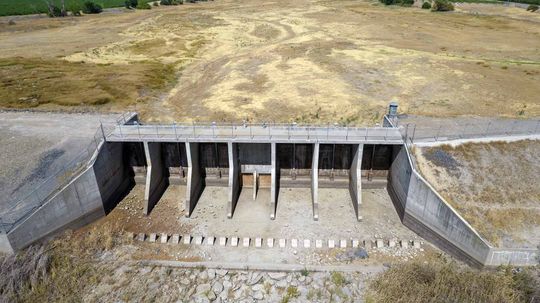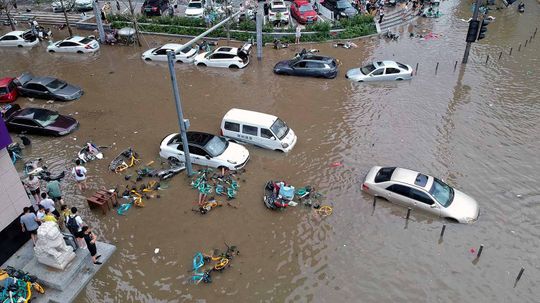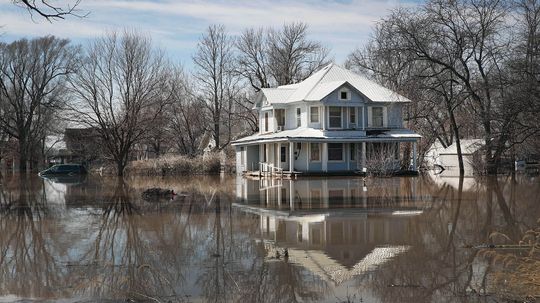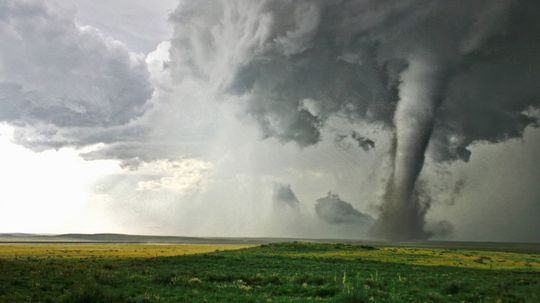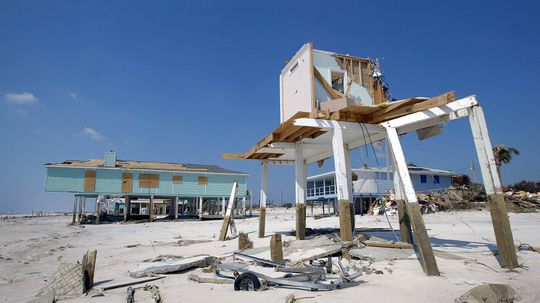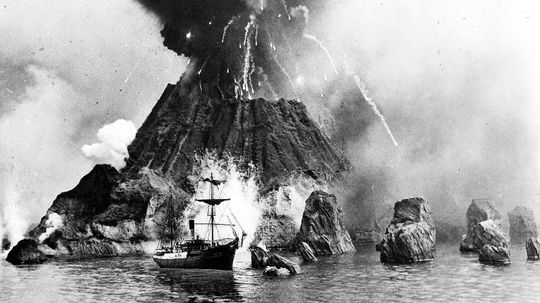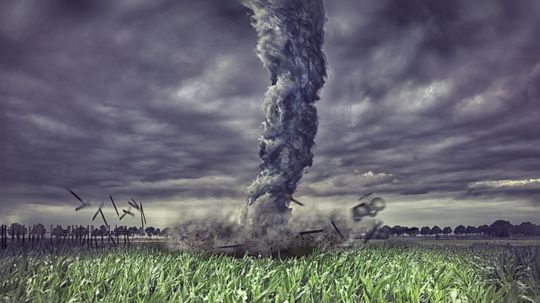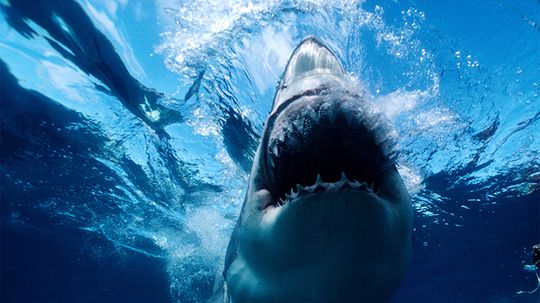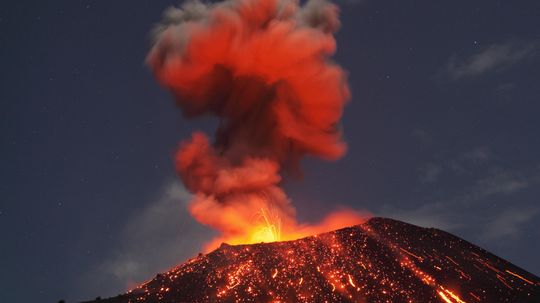Natural Disasters
Unpredictable forces of nature like tornadoes and hurricanes can have a devastating impact on humans and our environment. Learn how natural disasters work and how science aims to better predict them.
Learn More / Page 4
Nearly 90 percent of the Western U.S. is gripped by an "apocalyptical" drought that only continues to worsen. Even if you don't live in the area, it affects you — and what you do affects it.
Both dry and over-saturated soil can contribute to flash flooding. Can anything be done to prevent them from becoming catastrophic?
By Mark Mancini
NOAA is expecting widespread flooding throughout the United States this spring. Are you ready?
By Oisin Curran
Advertisement
Researchers from Montreal's Concordia University have figured out why the air inside a tornado vortex is cooler and less dense than the surrounding air.
The Americas have been hit with some major hurricanes throughout the decades. But which were the worst ones in history?
By Chris Opfer & Sarah Gleim
The 1883 Krakatoa eruption was gigantic and deadly, but the advent of modern communications and mass media helped to make it one of the earliest and best-known modern natural catastrophes.
Separating fact from fiction when it comes to tornado safety could mean the difference between life and death.
Advertisement
It's hard to resist a movie where bloodthirsty beasts fall from the sky, especially if Ian Ziering stars! How might the science behind this B movie work?
Only a few natural events pack the power to knock global civilization on its heels. One is a planet-killing meteor. Care to guess the other?
